Congratulations to Jane Fry, Janet Scammell and Sue Barker in the Faculty of Health & Social Science on the publication of their latest paper ‘ Drowning in Muddied Waters or Swimming Downstream?: A Critical Analysis of Literature Reviewing in a Phenomenological Study through an Exploration of the Lifeworld, Reflexivity and Role of the Researcher’.

This innivative paper proceeds from examining the debate regarding the question of whether a systematic literature review should be undertaken within a qualitative research study to focusing specifically on the role of a literature review in a phenomenological study. Along with pointing to the pertinence of orienting to, articulating and delineating the phenomenon within a review of the literature, the paper presents an appropriate approach for this purpose. How a review of the existing literature should locate the focal phenomenon within a given context is illustrated by excerpts from the literature review within a descriptive phenomenological study. This article was recently published in the Indo-Pacific Journal of Phenomenology. Click here for freely available copy online.
Prof. Edwin van Teijlingen
CMMPH
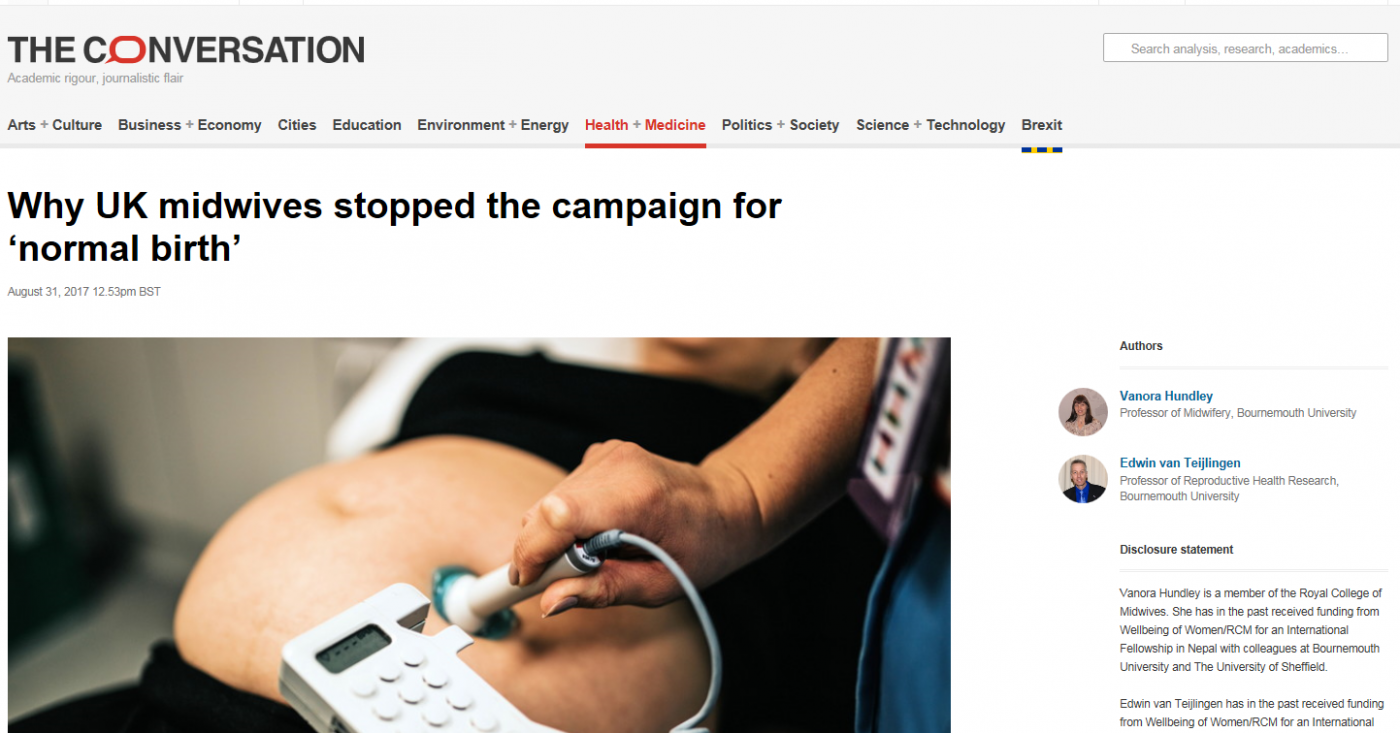



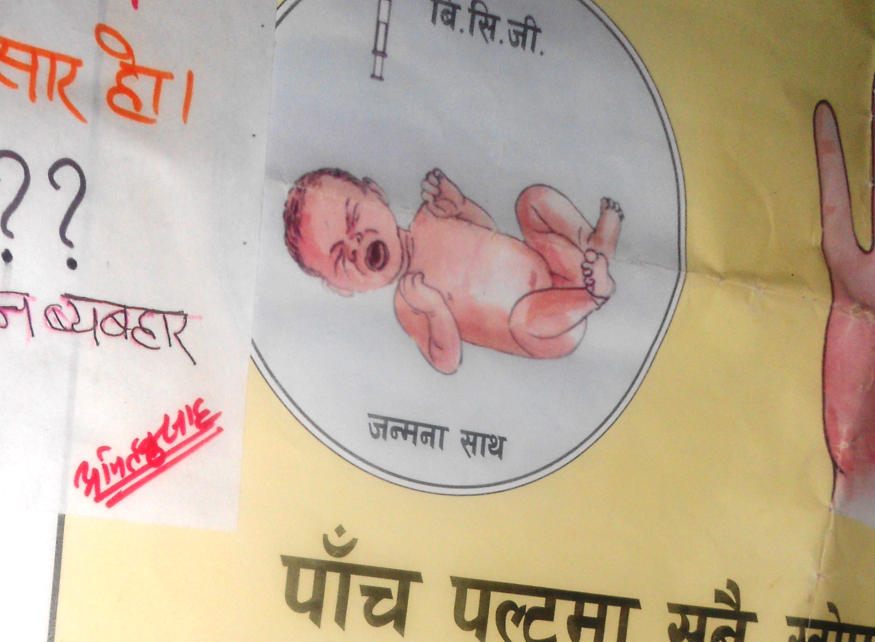


 As part of the Writing Academy, a series of writing days have been organised to help support BU authors work on their
As part of the Writing Academy, a series of writing days have been organised to help support BU authors work on their 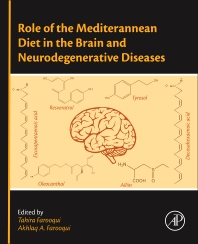
 Scopus have enhanced their article-level metrics through the integration of Plum X Metrics and to support this are hosting a webinar titled ‘How PlumX Metrics on Scopus help tell the story of your research’ on 10th August at 5pm.
Scopus have enhanced their article-level metrics through the integration of Plum X Metrics and to support this are hosting a webinar titled ‘How PlumX Metrics on Scopus help tell the story of your research’ on 10th August at 5pm.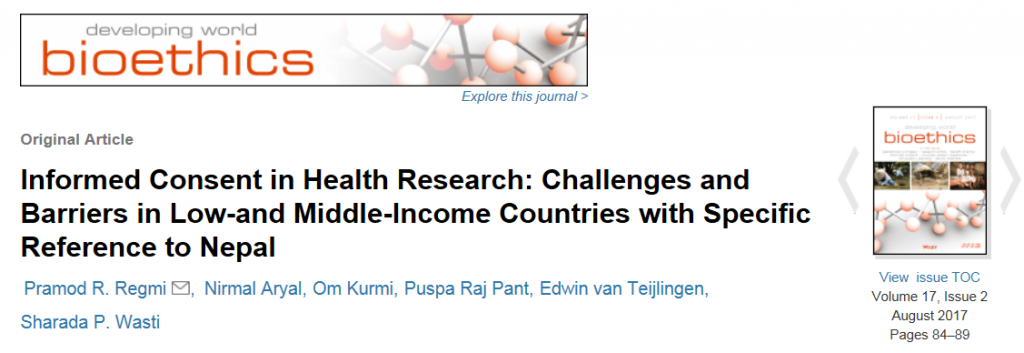


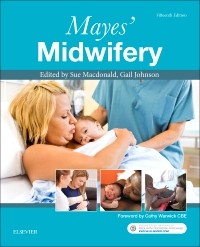
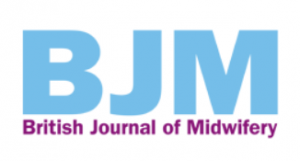
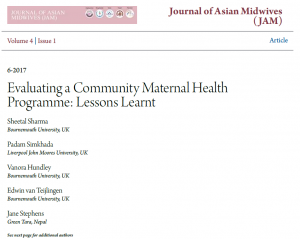


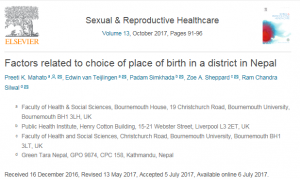
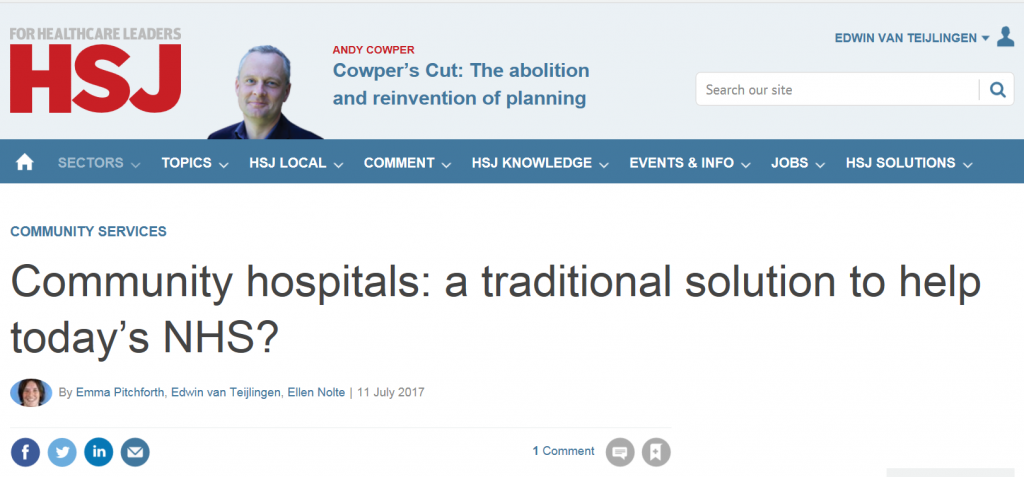
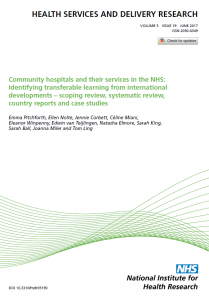
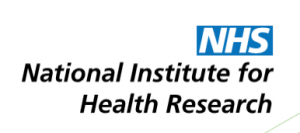













 SPROUT: From Sustainable Research to Sustainable Research Lives
SPROUT: From Sustainable Research to Sustainable Research Lives BRIAN upgrade and new look
BRIAN upgrade and new look Seeing the fruits of your labour in Bangladesh
Seeing the fruits of your labour in Bangladesh Exploring Embodied Research: Body Map Storytelling Workshop & Research Seminar
Exploring Embodied Research: Body Map Storytelling Workshop & Research Seminar Marking a Milestone: The Swash Channel Wreck Book Launch
Marking a Milestone: The Swash Channel Wreck Book Launch ECR Funding Open Call: Research Culture & Community Grant – Application Deadline Friday 12 December
ECR Funding Open Call: Research Culture & Community Grant – Application Deadline Friday 12 December MSCA Postdoctoral Fellowships 2025 Call
MSCA Postdoctoral Fellowships 2025 Call ERC Advanced Grant 2025 Webinar
ERC Advanced Grant 2025 Webinar Update on UKRO services
Update on UKRO services European research project exploring use of ‘virtual twins’ to better manage metabolic associated fatty liver disease
European research project exploring use of ‘virtual twins’ to better manage metabolic associated fatty liver disease